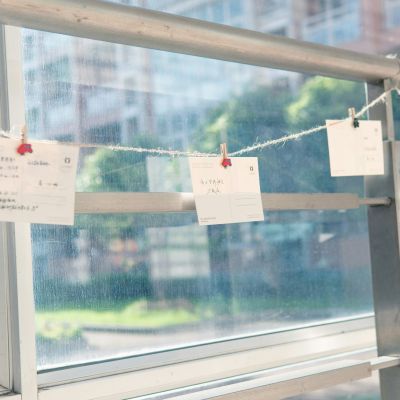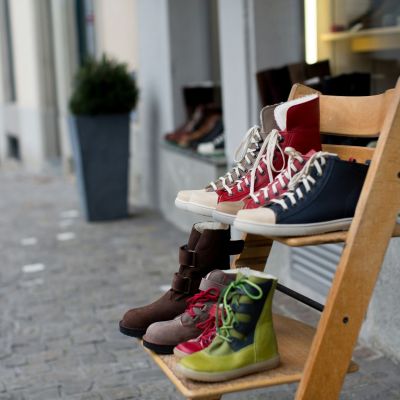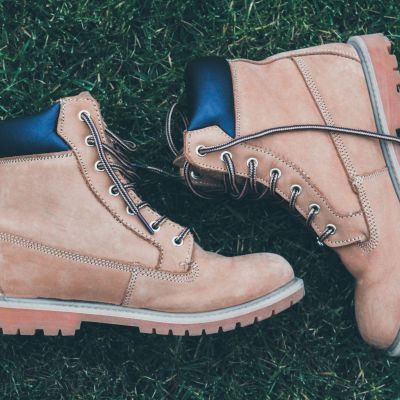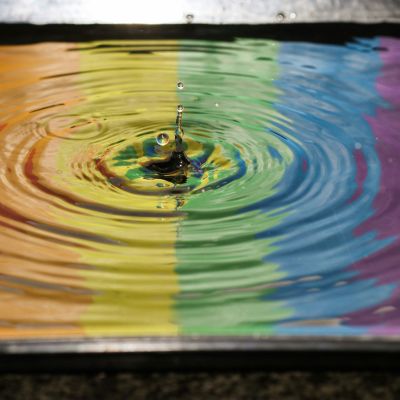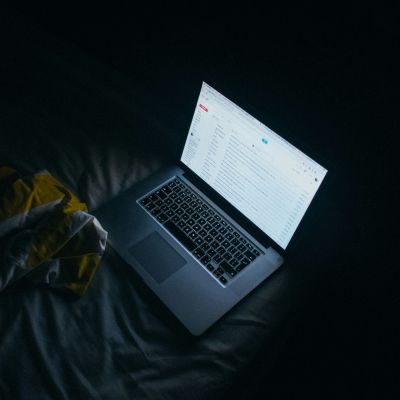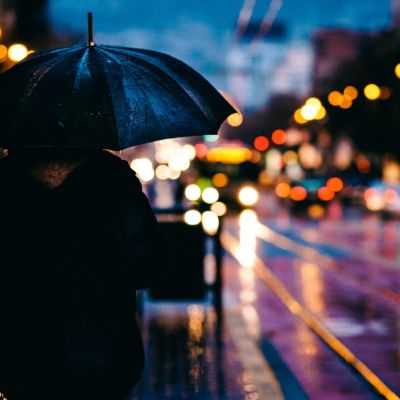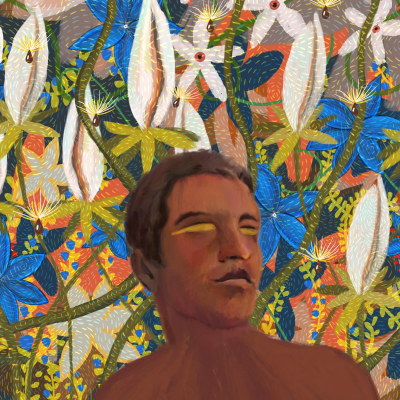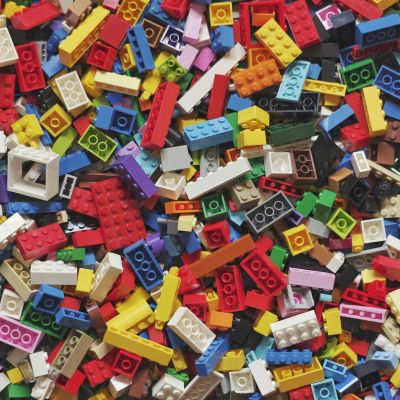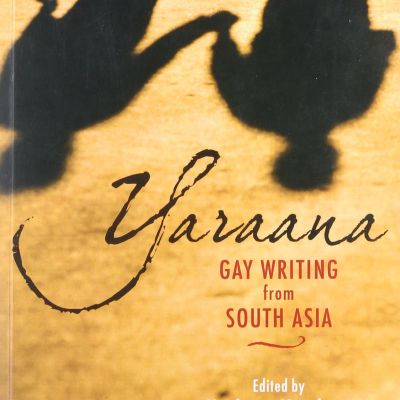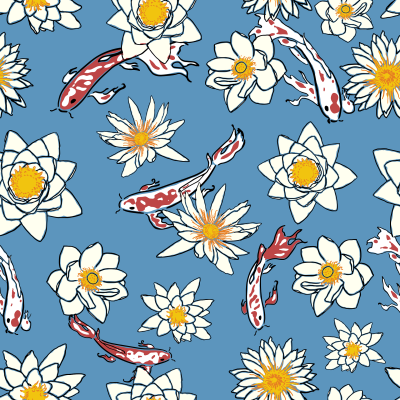Voices
I am out. A postcard from a stranger that I imagine to be queer or trans*[1] or both tells me…
I remember realising that ‘gender’ was a construct when I was 9 or so, that it wasn’t real. I was…
When Prabha, a colleague from TARSHI, nudged me to write for this issue of In Plainspeak, my first reaction was…
When the hunk of a football player kicks the football, it swerves towards the right and bounces off the goalpost…
To queer something is to disrupt normative frameworks, to imagine and create new modes of being (Pirani & Daskalopoulou, 2022)….
Queering, as a theoretical and practical approach, has emerged as a powerful means of challenging and dismantling established politics, power…
Looking back at this piece, written seven years ago, the core issues that I identified then remain significant and relevant….
The most satisfying spiritual and sexual experiences I’ve had were not in my twenties, thirties or even forties. They have been in my 50’s. The most insightful spiritual insights, and the most orgasmic orgasms have both arrived in middle age.
Like failure, longing is not interested in happy endings – whether of straight or non-heterosexual relations.
How did isolation work for those of us who are already quarantined in perpetuity by the cis-heteronormative gaze?
My identity unfolded slowly during my postgraduate media studies course, where I was exposed to peers from different socio-economic backgrounds.
Queerness is a free-flowing identity that embraces anyone, including young children, who step off the assigned binary path.
हम धीरे-धीरे अपनी शर्म, असहजता, और ‘हेटेरोनॉर्मेटिव’ मानसिकता से ऊपर उठने लगे ऐसी कई सारी कृतियों का विश्लेषण करते हुए, जो न तो वात्स्यायन का ‘कामसूत्र’ थे और न ही यौनिकता पर फ़ूको की समीक्षा।
Ensuring the protection of sex workers’ physical and emotional wellbeing, as well as safeguarding their rights to life, profession, labour freedom, health, and reproductive and sexual rights is fundamental within a constitutional democratic society.
ऑनलाइन डेटिंग पहली मुलाक़ात में किसी को अपने घर बुला लेने जैसा लग सकता है, लेकिन फ़र्क़ ये है कि हम फ़ैसला कर सकते हैं कि हम उन्हें अपने घर और अपनी निजी ज़िंदगी के कौन-से हिस्सों में जगह देने के लिए तैयार हैं।

